Special Report
The World's 13 Most Valuable Startups

Published:
Last Updated:

Every tech startup wants to become a unicorn — a private company valued at more than $1 billion. Because they typically dominate a new business or technology, unicorns are able to raise billions of dollars from investors on the speculation that they will become the next Facebook or Google.
So called because of their rare nature, unicorns are actually becoming more common. As recently as five years ago, there were around 40 unicorns — non-public tech companies that were able to raise funds matching a valuation of at least $1 billion. Today, there are more than 140 unicorns. In fact, there are a number of companies that have yet to go public and that are valued at more than $10 billion. These so-called decacorns include companies such as Snapchat, Airbnb, and Uber, the largest decacorn in the world, valued of $66 billion. Based on estimates and data provided by private company research firm PrivCo, 24/7 Wall St. reviewed today’s 13 decacorns.
Generally, established companies are valued based on their current and future operations and their financials. Also, other companies in the same industry provide context for the valuation. However, in venture capitalism — and particularly for many of these unicorns — there are no existing examples to draw from because these companies are developing brand new technologies for which there is no precedent. The valuation is therefore often based on assumptions for the new industry and the company’s assumed capability to develop current and future operations.
Click here to see the world’s 13 most valuable startups.
For example, in the case of ride-sharing service Uber, the world’s highest valued startup, the company’s valuation is based on a fair amount of speculation because no company has ever competed with taxi services on a global scale before.
Due to the many unknowns and uncertainties, many argue that these unicorns are overvalued — some companies are valued at many times their funding totals — and that the recent explosion in the number of unicorns is unwarranted. Private spaceflight company SpaceX has raised $1.2 billion, but its most recent round of funding in October placed valued it at $15 billion. Chinese electronics company Xiaomi has raised an estimated $1.5 billion, a fraction of its valuation of $46 billion. Some speculate that the unicorn’s high valuation — five, 10, and even 30 times their capital — is the sign of another tech bubble.
24/7 Wall St. discussed unicorn valuations with Evan Danckwerth, senior financial analyst at PrivCo. Referring specifically to Uber’s $66 billion valuation Danckwerth said, “It’s not unheard of, but for a company where you don’t know where the revenue growth is exactly going to come from, it’s somewhat strange to see such a large valuation.” He added, “On the other hand, Uber has raised $16 billion, and that’s also unprecedented.”
While he acknowledged that some of the smaller unicorns may be overvalued, Danckwerth explained that there is increasing evidence that these numbers actually reflect the potential value of these new businesses.
Danckwerth explained that earlier this year, some major unicorns, including Snapchat, suffered from speculation of overvaluation. During that time, Snapchat’s valuation fell from $16 billion to around $13.7 billion. However, many of those companies have either returned to previous values or have since increased in value. In May, Snapchat raised funds based on a $20 billion value. This change, Dankwerth said, “means that there’s something there … [investors] are really looking at true revenue.”
Privco, a research company that specializes in data on non-public companies, provided 24/7 Wall St. with data on tech startups that have not yet gone public and have raised funds based on at least a $1 billion valuation in the most recent round of funding. The 13 companies on this list are the 13 companies valued at $10 billion or more. Privco also provided 24/ Wall st. with estimates of funds raised to date.
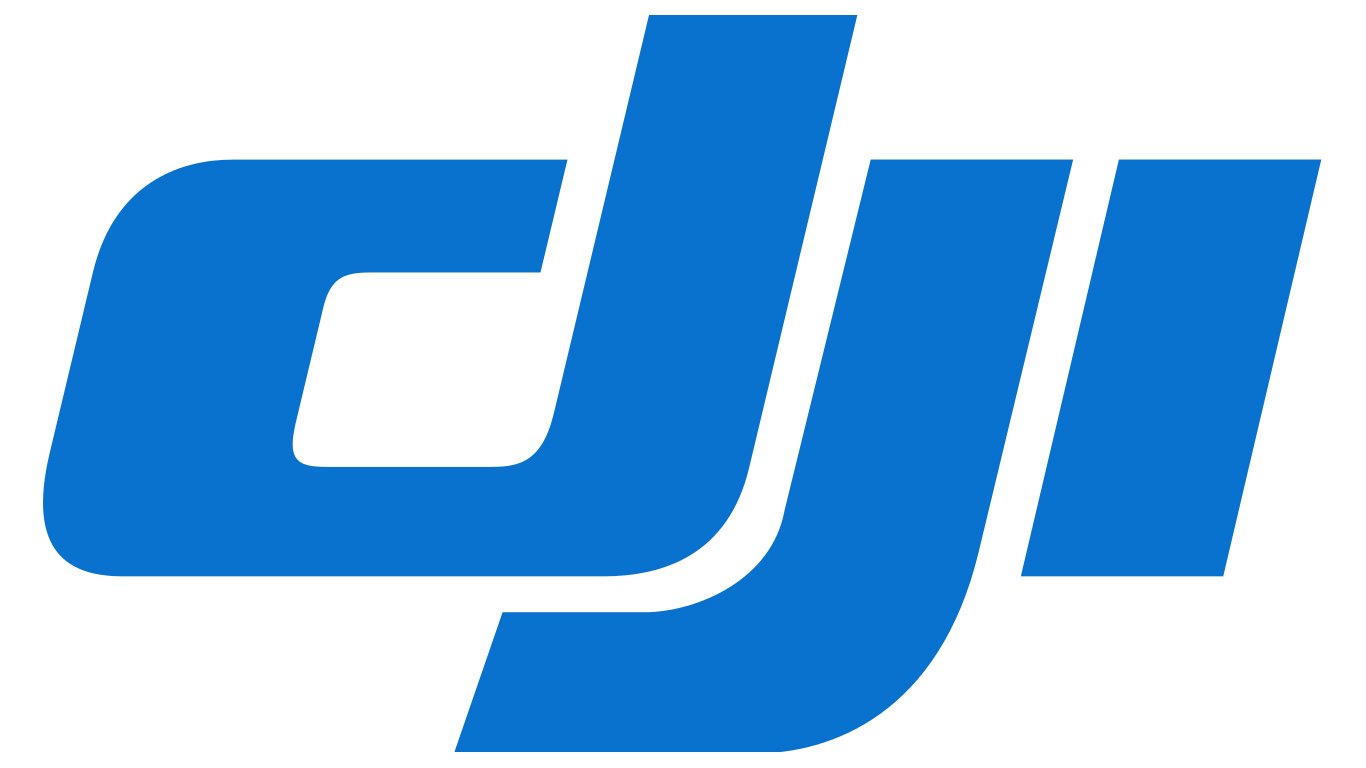
13. DJI
> Valuation: $10 billion
> Industry: Drone manufacturing
> Total funding raised: $105 million
> 5-month value change: None
Dajiang Innovation Technology Co., a Chinese personal use drone manufacturer better known as DJI, is the global leader of the burgeoning industry. The company’s Phantom drone, currently in its fourth iteration, has been among the most popular models, able to take stable, high quality photos and videos from as high as 400 feet.
As of the end of last year, the company had roughly 70% of the global commercial drone market. The company has been active for years, and its business grew by at least 300% every year between 2009 and 2014. Investments made in March were based on a $10 billion company valuation.
[in-text-ad]
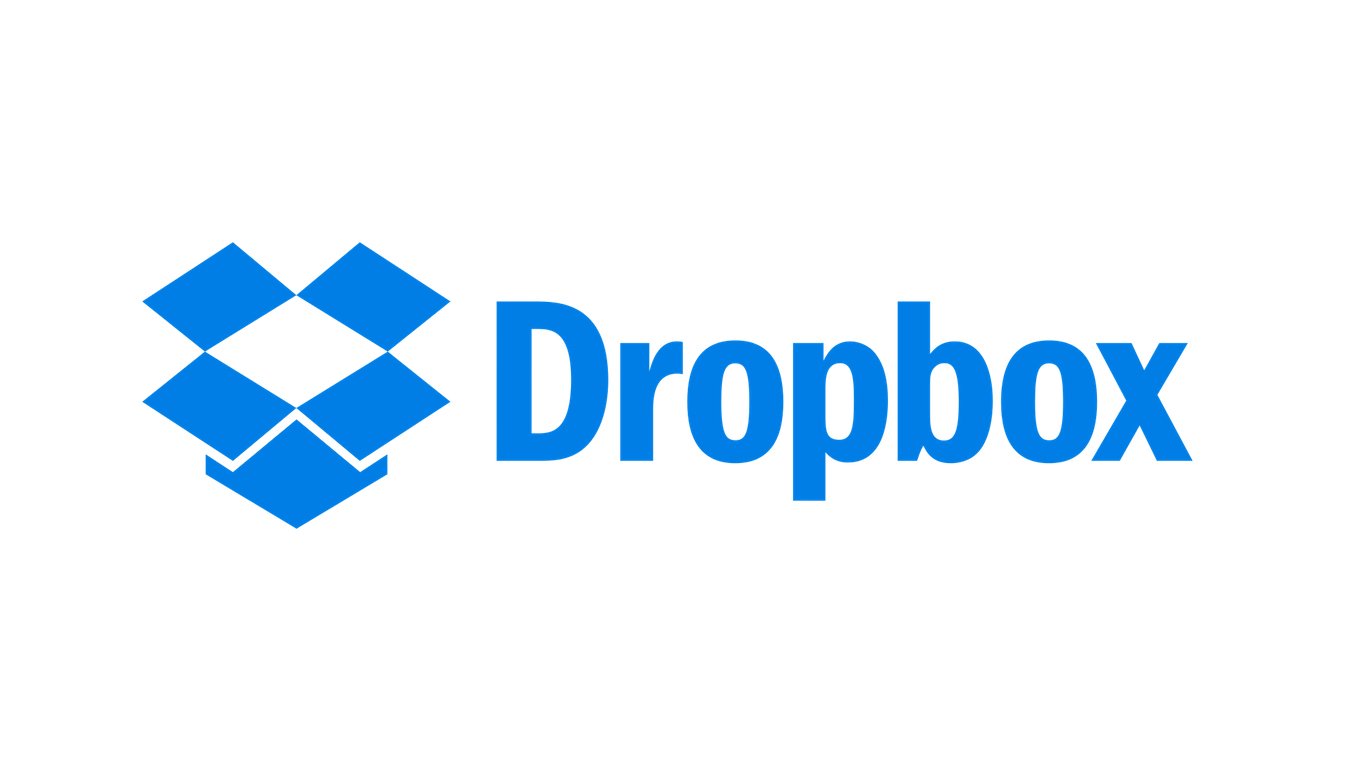
12. Dropbox
> Valuation: $10.5 billion
> Industry: Cloud computing
> Total funding raised: $607 million
> 5-month value change: None
Dropbox is a cloud based file storage service touted for its simplicity and reliability. Founded in 2007, the company capitalized early the potential of cloud computing. While it is certainly not the only startup company providing cloud storage services, it is one of the most valuable and ubiquitous. The company boasts 500 million users worldwide and is valued at $10.5 billion. Dropbox investors include asset management firm BlackRock and investment banks Goldman Sachs and JPMorgan Investment.
Former Apple CEO, the late Steve Jobs, offered to buy Dropbox from co-founder Drew Houston in 2009 but was turned down.

11. Pinterest
> Valuation: $11 billion
> Industry: Social media
> Total funding raised: $1.3 billion
> 5-month value change: None
Founded in March 2010, photo-sharing social media site Pinterest now gets about 2 billion user searches each month. The company has been working to improve its advertising revenue through targeted content. It also recently announced it would be heavily investing in video. Unlike most social media networks, users generate only a small share of the content that appears on the site. About three-quarters of the network’s content is provided by partners, which include advertisers and brands.
The image-sharing social media site has been actively pulling executives from other notable startups, including from Snapchat, another company on this list. To date, the $11 billion-valued company had raised $2.6 billion.
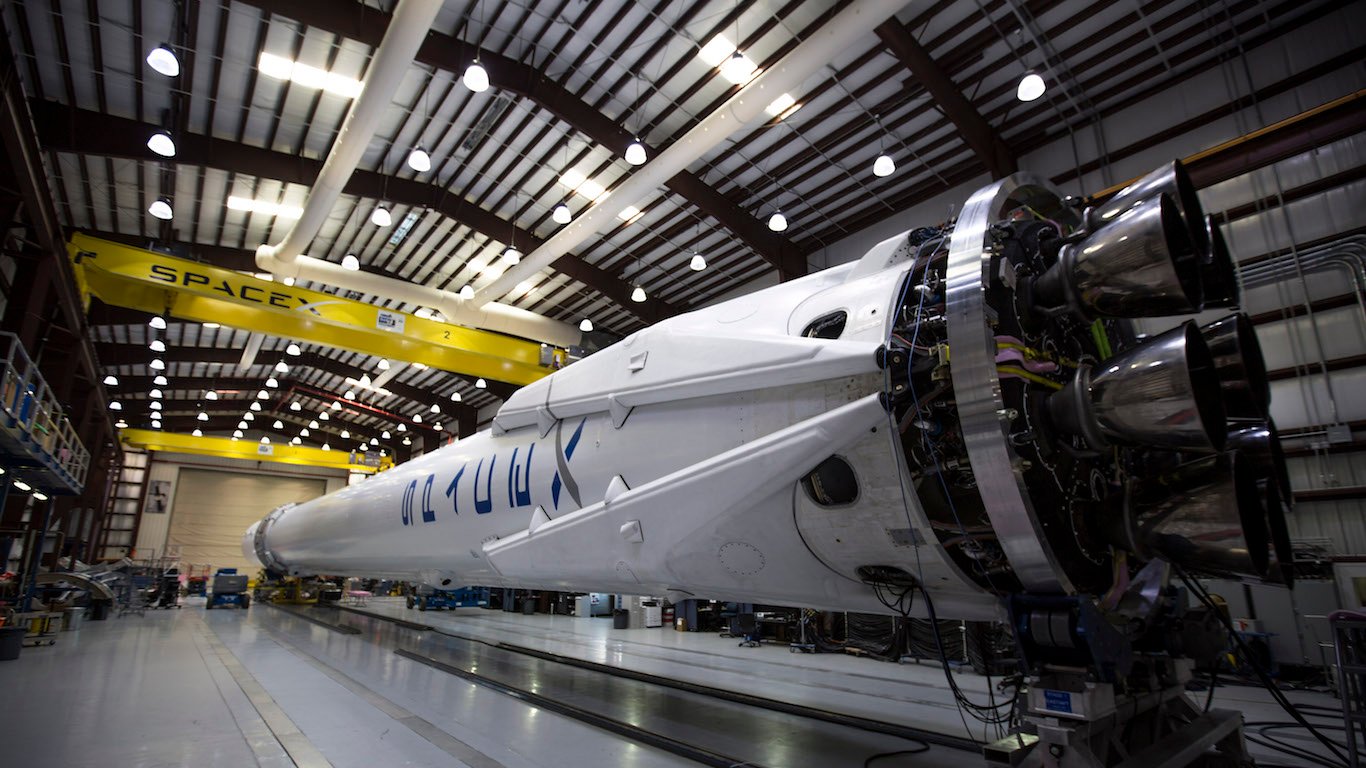
10. SpaceX
> Valuation: $15 billion
> Industry: Space technology
> Total funding raised: $1.2 billion
> 5-month value change: 25.0%
Private spaceflight company SpaceX was founded by tech magnate Elon Musk — founder of electric car company Tesla Motors and co-founder of online payment giant PayPal among other ventures. The company has spearheaded the private sector’s contribution to space flight. SpaceX was awarded a $1.6 billion contract with NASA to fly a number of manned missions to the International Space Station in the near future. Last year, the company successfully landed one of its Falcon 9 rockets on an drone ship in the ocean after deploying a satellite into orbit.
SpaceX suffered a recent setback in September when one of its Falcon 9 rockets exploded on the launchpad. The vehicle, which was worth an estimated $60 million, carried a $200 million payload — an Israeli commercial communications satellite that would have also been used by Facebook.
[in-text-ad]
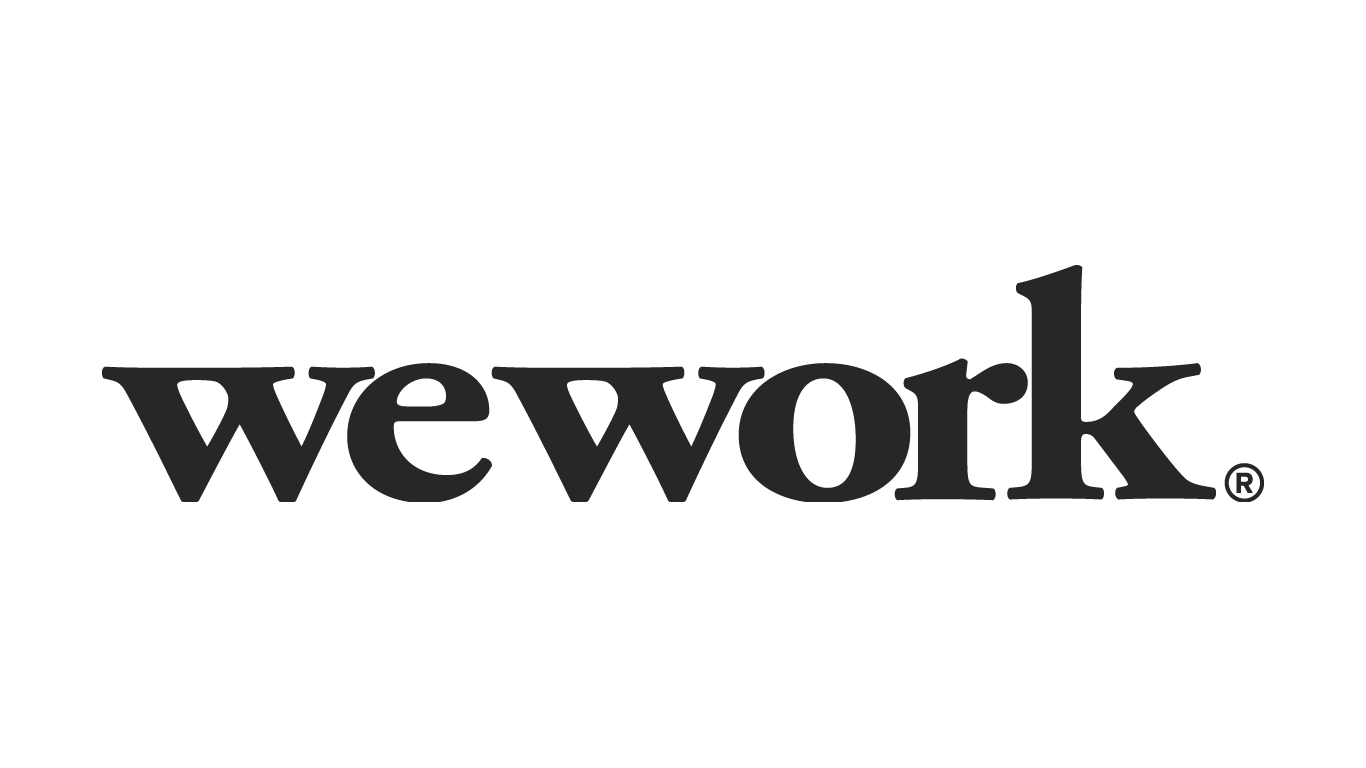
9. WeWork
> Valuation: $16 billion
> Industry: Shared office space
> Total funding raised: $1.4 billion
> 5-month value change: 60.0%
Formed in 2010, WeWork set out to provide a communal work environment for professionals, be they businesses, entrepreneurs, lawyers, consultants, or freelancers. The company essentially rents out office space and provides a social atmosphere and much of the office infrastructure necessary to run a business. WeWork now has offices in more than two-dozen cities spanning four continents.
In the summer of 2015, WeWork was the center of controversy after the maintenance company it hired to clean several properties fired the contracted workers when they attempted to unionize. WeWork’s $10 billion valuation at the time provided fodder for the angry, recently laid-off cleaning workers. Since then, WeWork has hired its own in-house cleaning staff and is now valued at $16 billion.
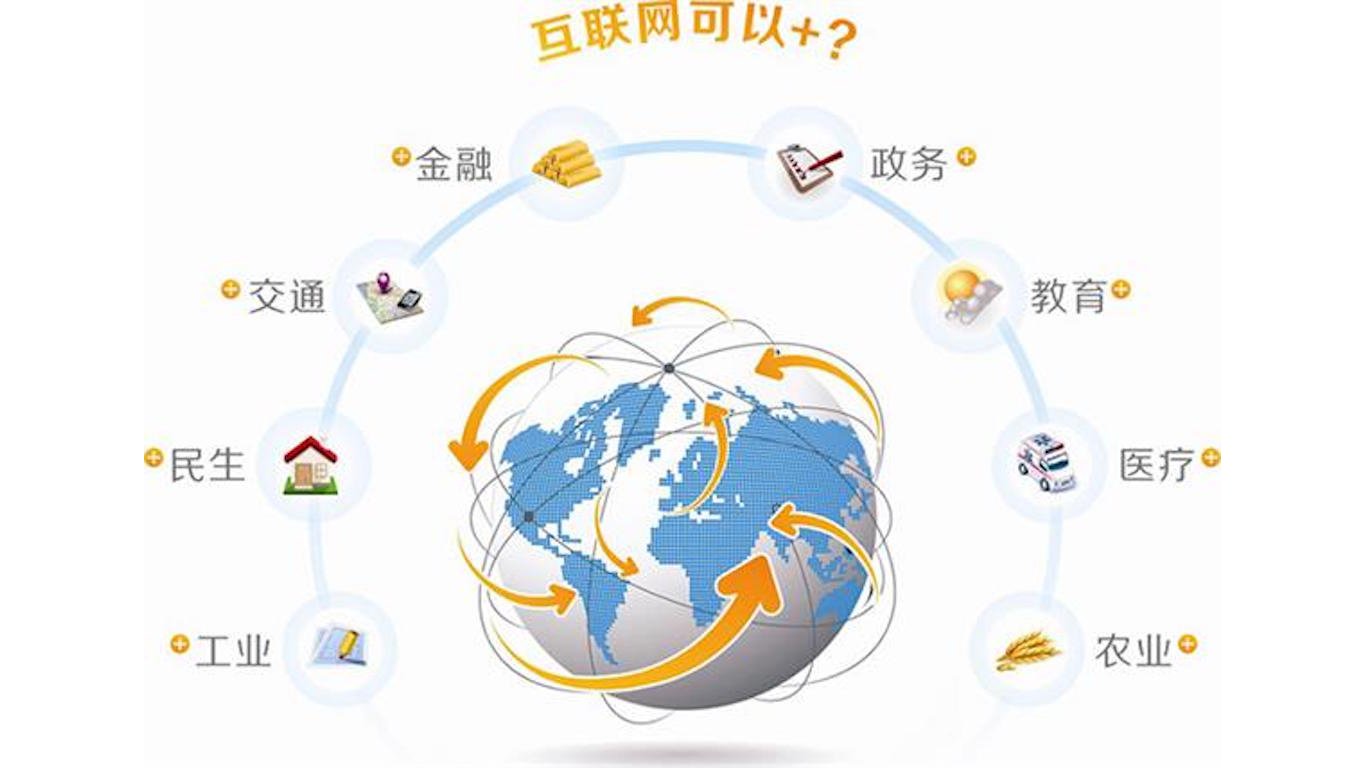
8. China Internet Plus
> Valuation: $18 billion
> Industry: Internet technology
> Total funding raised: $3.3 billion
> 5-month value change: None
China Internet Plus integrates multiple consumer Internet applications into a single platform. Its primary goal is to improve customer experiences by increasing efficiency in the dining and retail industries. The company had a reported 600 million users as of June 2016 and is currently valued at $18 billion, more than all but seven other startup companies.
Unlike most traditional startups, Internet Plus is the product of a merger. It was formed when Meituan, an Internet-based group discount platform, combined with Dianping, a geo-specific dining information website.
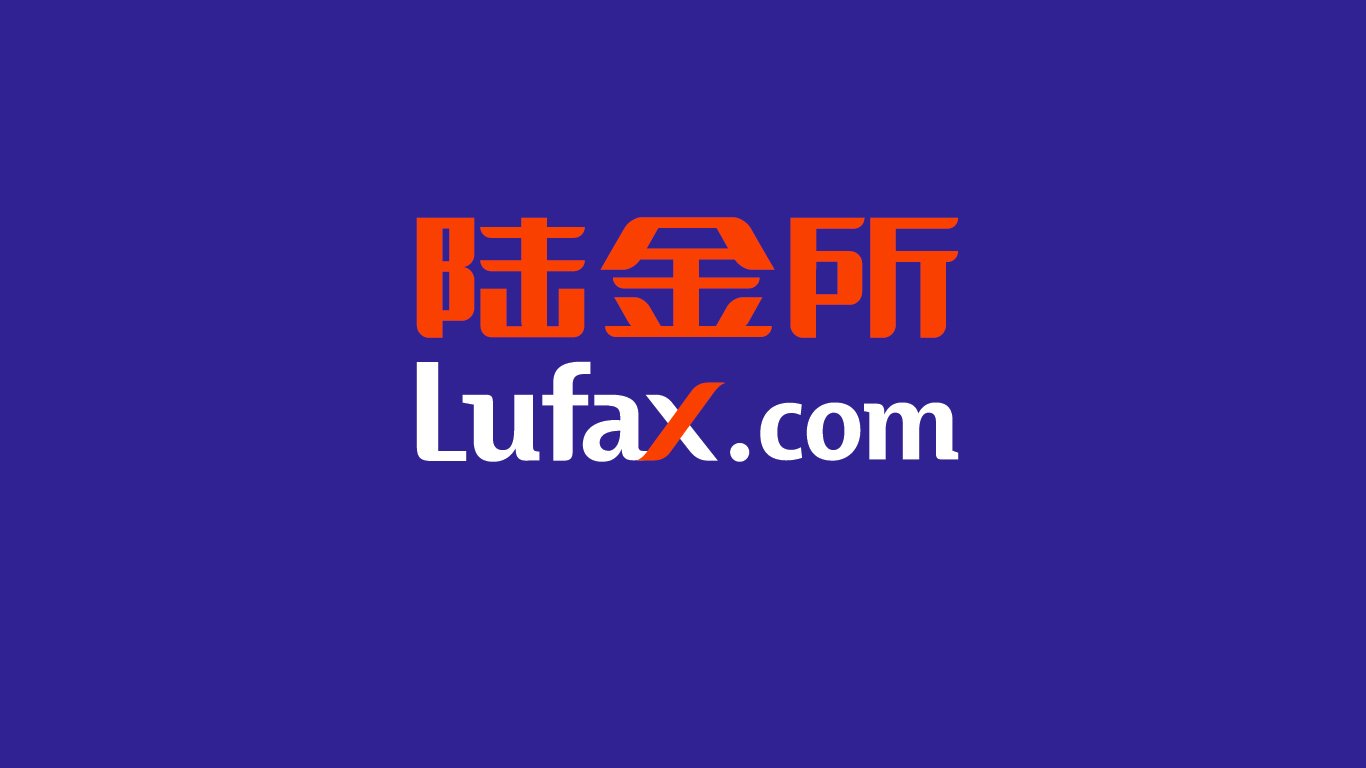
7. Lufax
> Valuation: $18.5 billion
> Industry: Peer to peer lending
> Total funding raised: $1.7 billion
> 5-month value change: None
Peer-to-peer lending has become an attractive option for startup companies seeking alternatives to traditional loans. Based in Shanghai, China, Lufax has become one of the fastest-growing platforms for this new kind of lending. According to a report by the Financial Times, platforms such as Lufax have found success in China because it is particularly difficult for smaller companies to acquire loans from the large state-run banks.
Founded in 2012, a new round of funding In January valued the company at $18.5 billion. That is more than double the company’s value as of the end of 2014, when a round of funding was based on a $9 billion valuation. To date, the company has raised $1.7 billion.
[in-text-ad]

6. Snapchat
> Valuation: $20 billion
> Industry: Social media
> Total funding raised: $2.6 billion
> 5-month value change: 45.6%
Snapchat CEO and co-founder Evan Spiegel conceived of the app in 2011 as an undergraduate at Stanford University. The app allows users to send and share photographs and videos that disappear in a matter of seconds. While the app initially drew criticism over the perception that it would only be a sexting app, it has become much more. Due to the impermanent nature of the content shared on the app, people feel comfortable sharing pictures they otherwise would not on other social media platforms such as Facebook.
Roughly one year after the app’s release, Spiegel’s company received about half a million dollars in venture funding. Over the four years since, the company began monetizing by selling advertising space, corporate feeds, and customized filters. Today, the company is valued at $20 billion.
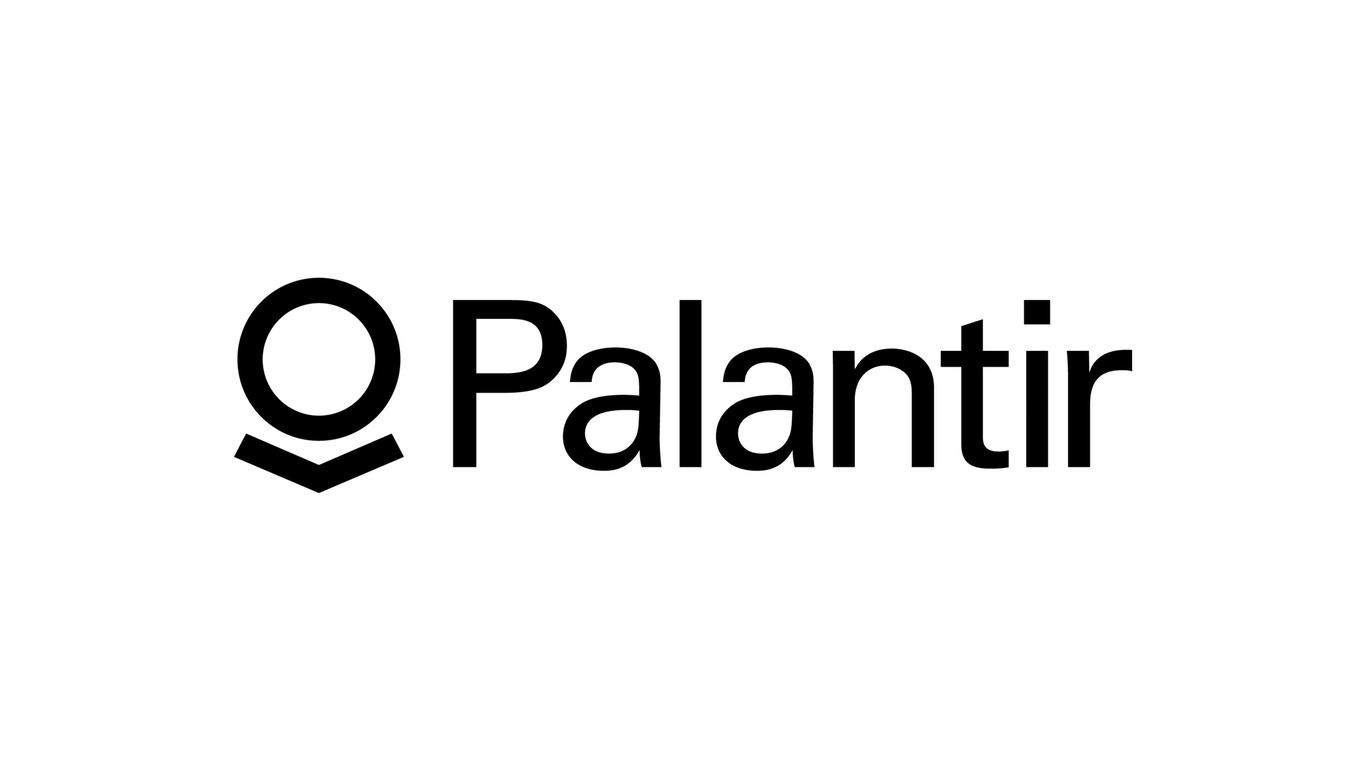
5. Palantir
> Valuation: $20.3 billion
> Industry: Data analytics
> Total funding raised: $2 billion
> 5-month value change: None
Venture capitalist and futurist Peter Thiel co-founded data analytics firm Palantir in the early 2000s. Thiel gained a great deal of public attention recently when it was revealed that he was a secret funder of a lawsuit by Hulk Hogan that bankrupted media giant Gawker.
Palantir, which provides data solutions for private companies including insurers, banks, and cybersecurity firms, has garnered increasing interest from investors in the last few years. The company’s work in security has likely contributed to its extensive record of earned U.S. government contracts, including a number from the CIA, the Department of Defense, and the NSA. After a round of funding in May 2011, the company was valued at more than $20 billion, more than 10 times the money it had raised as of August 2016.

4. Didi Chuxing Technology Co.
> Valuation: $28 billion
> Industry: Car service
> Total funding raised: $10.5 billion
> 5-month value change: 70.7%
Earlier this year, China passed legislation that allows companies such as Didi Chuxing, an app-based taxi hailing service, to operate in the country. Even before the company was officially protected by law, Didi was operating in legal ambiguity and was a major disruption to the country’s taxi industry.
Former competitor Uber recently sold its China division to Didi. While Uber has been successful in North American markets, it lost billions of dollars in China. Today, Didi is valued at $28 billion. The company’s investors include Apple, which invested $1 billion in the company in May 2016.
[in-text-ad]

3. Airbnb
> Valuation: $30 billion
> Industry: Vacation rentals
> Total funding raised: $4.2 billion
> 5-month value change: 17.6%
Facilitating the connection between travelers looking for accommodations and homeowners willing to host them, Airbnb presented a major disruption to the hospitality industry. Founded in 2008, the company now operates in 34,000 cities throughout 191 countries and has facilitated more than 60 million transactions. It has become one of the most successful startups in the world, valued at $30 billion.
In addition to making money for investors, Airbnb can be lucrative for its users as well. Renters in expensive cities such as New York, San Francisco, and Vancouver often depend on the service, renting out their private residents to make extra income.
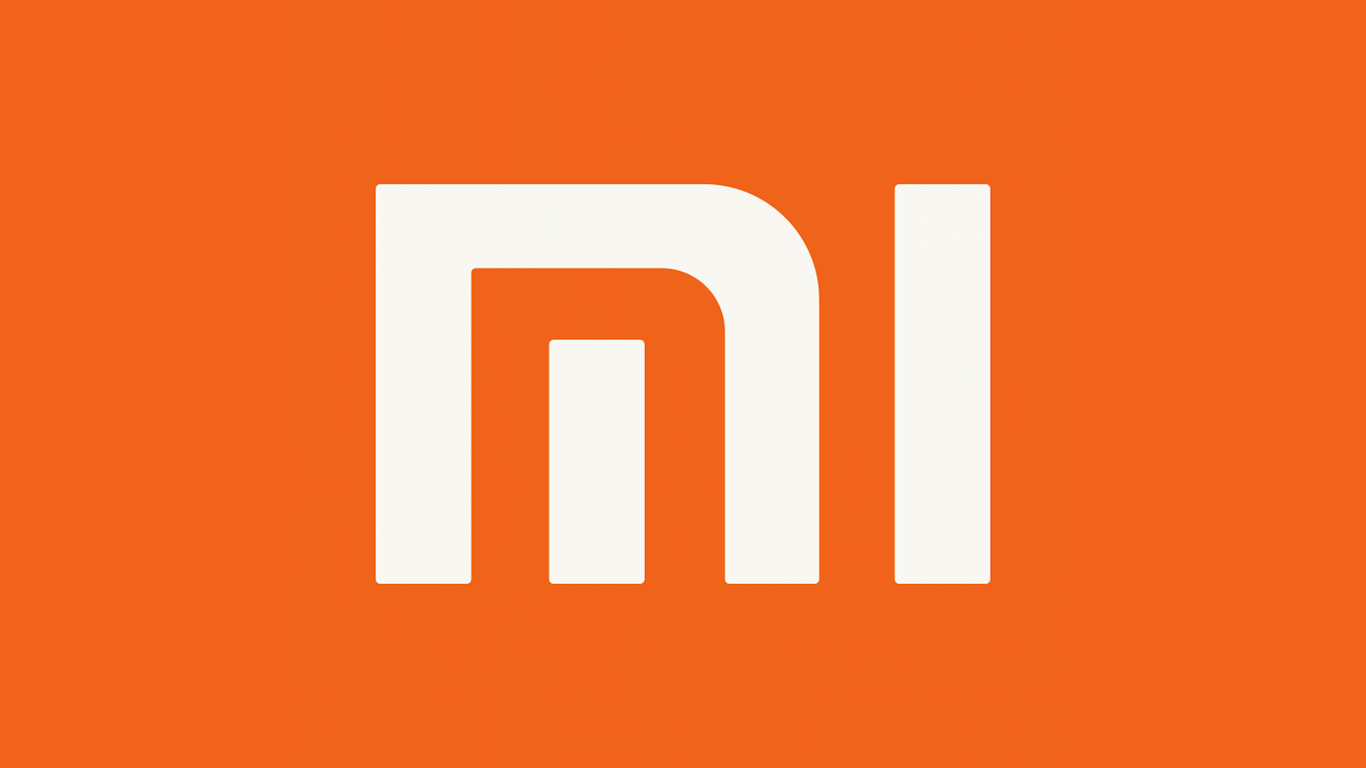
2. Xiaomi
> Valuation: $46 billion
> Industry: Electronics manufacturing
> Total funding raised: $1.5 billion
> 5-month value change: None
Based in China, Xiaomi designs and makes consumer electronic hardware and software. Among its products are smartphones, media players, headphones, and external batteries. Founded in 2010, the company is now valued at $46 billion, more than all but one other startup.
The company has been a household name in China for years and will soon break into the U.S. market. In the next few weeks, Xiaomi is expected to announce the launch date for its Android-based TV box in the United States. The product, known as the Mi Box, is an alternative to the Apple TV.

1. Uber
> Valuation: $66 billion
> Industry: Car service
> Total funding raised: $15.8 billion
> 5-month value change: 5.6%
Valued at $66 billion, Uber is today’s the world’s biggest startup success story. The company set out to make hailing a cab as easy as hitting a button on your phone. Since then, it has evolved into a far reaching logistics network that can provide ride sharing and delivery services.
Though many argue the company is dramatically overvalued, big investors are likely banking on an even more evolved future. Using a team of roboticists from Carnegie Mellon University, the company recently rolled out a fleet of driverless cars in Pittsburgh. If the program is successful and can be implemented on a larger scale, it will minimize overhead and dramatically increase profits.
Want retirement to come a few years earlier than you’d planned? Orare you ready to retire now, but want an extra set of eyes on your finances?
Now you can speak with up to 3 financial experts in your area for FREE. By simply clicking here you can begin to match with financial professionals who can help you build your plan to retire early. And the best part? The first conversation with them is free.
Click here to match with up to 3 financial pros who would be excited to help you make financial decisions.
Thank you for reading! Have some feedback for us?
Contact the 24/7 Wall St. editorial team.